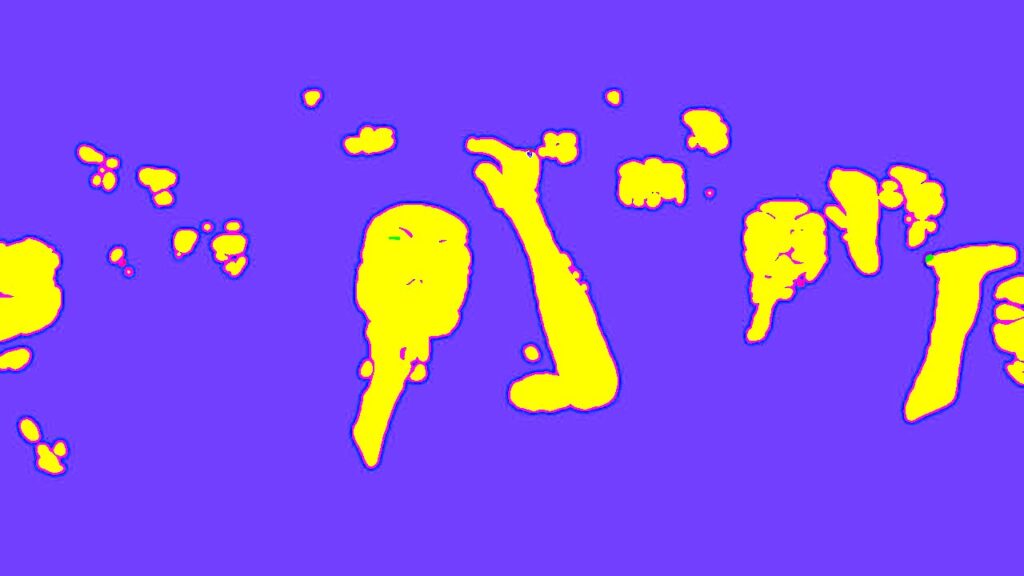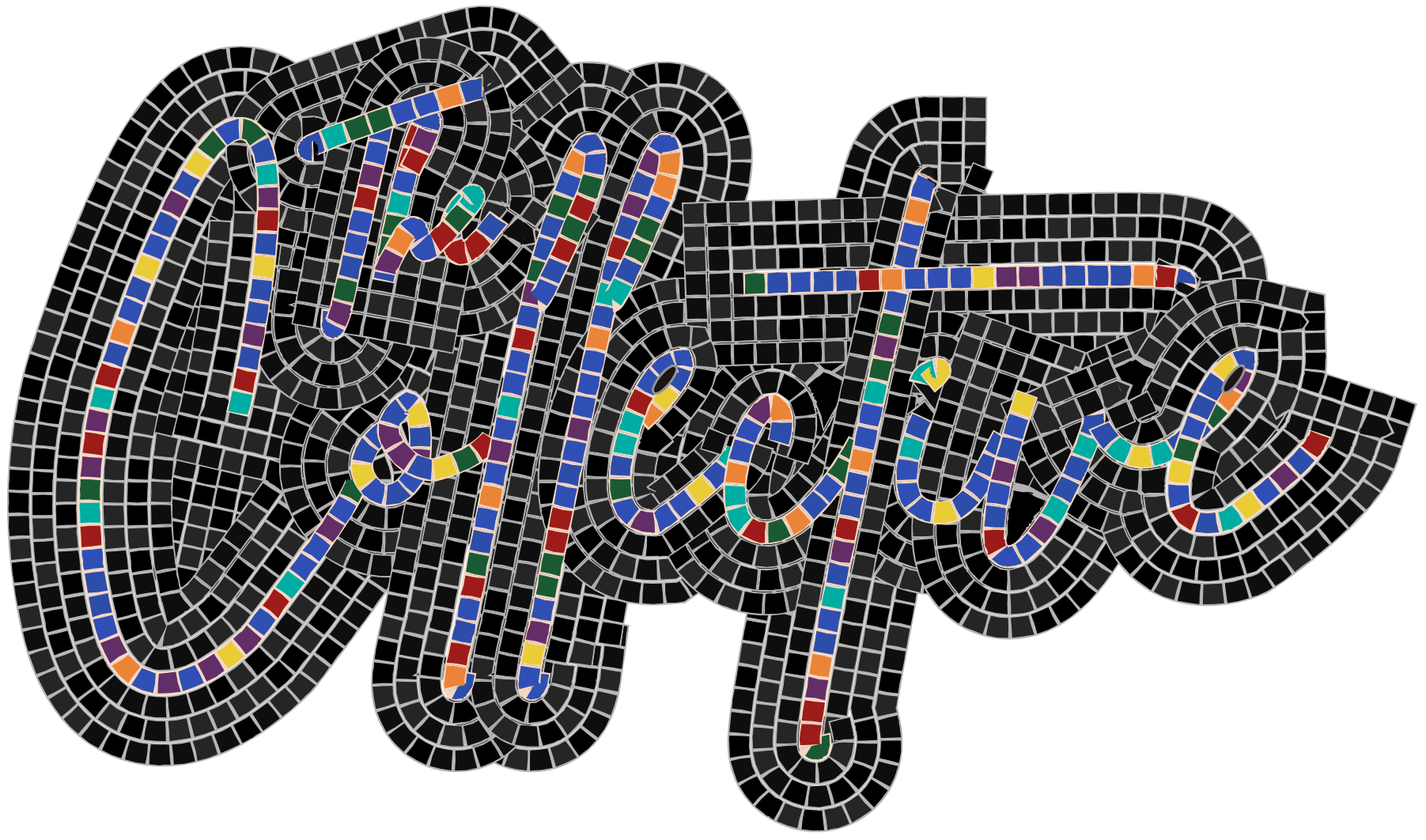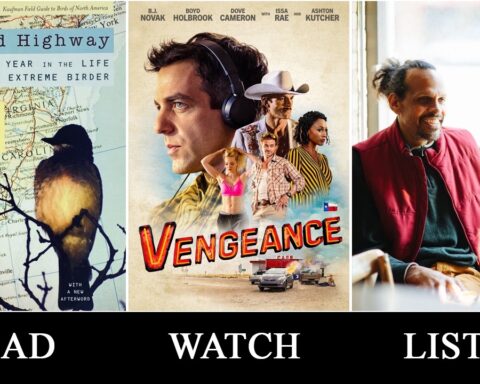“The kind of historical change that would leave myth behind — because the new nature really had brought about a new society — has not yet occurred. And this confronts us with an even greater paradox, one that demonstrates decisively that the conceptual elements are not invariants. Because such a radical historical change has never existed before in history, it can only find expression as myth. It follows that, condemned in one configuration, myth is to be redeemed in another.”
– Susan Buck-Morss
“Today’s academic leftist who criticizes capitalist cultural imperialism is in reality horrified at the idea that his field of study might break down.”
– Slavoj Žižek
“Keep reminding oneself that the commentary on reality (since here it is a question of commentary, a construing of detail) calls for a method completely different from that required for a text. In the one case theology is the basic science, in the other philology.“
– Walter Benjamin
1.
There is a curious violence at the heart of consciousness, one that flickers but for a moment as the very source of consciousness itself. This is no accident: to conceive of something as an object under critical consideration, be it as existential as one’s own life or perception, or as bureaucratic as an institution or organization, is to, for at least a moment, posit oneself as outside that thing. To awaken in a seemingly impossible meta position. This impossible structure, one of being simultaneously in-and-out-side, is the power of consciousness and its violent core: once rent, there is no returning. Not really, anyway. A return would be a bitter lie, a grasping of William James’ dead wire and a mimicking of its once lively charge. Or perhaps this greatly underestimates the gravity of unconscious slumber and the appeal of mere appearance…
2.
One term we might use to describe this structure, this in-and-out-side-ness, is “alienation.” Alienation, then, and our recognition of it, is necessary for a true critical perspective to be taken, and its uncomfortable ambiguity should be sought after if “change” is something actually desired in more than mere appearance. The curious publication you are currently ingesting is a fair shot at a true utilization of this structural gap, a weaponizing of the tension felt when consciousness begins to violently twinkle. The trick here is to avoid collapsing the tension, to leave the contradiction named as such — open and unresolved in all its horror.
3.
But let’s speak plainly for a moment: shit’s fucked, eh? In a lot of ways. The dreams we had and the life we wanted have been revealed as disgusting myths for anyone willing to notice. When the history we’ve been taught is understood to be a lie, history begins to behave like ashy coals beneath a fatty slab of meat known as “Truth” — the present, and the future the present presents as desirable, are rendered out like fat, exposed as nothing but lies themselves when placed above history’s slow, deliberate heat. The longer Truth remains above the coals of history, the easier it is to chew and swallow. To put it in no uncertain terms, the truth is that anti-blackness and colonization form the reified ontological core of modernity and capitalism. And our stomaching of this brutal fact, when we encounter it in each and every aspect of everything we might enjoy or desire, is crucial. Not so that we can seek a “change” of appearance, nor so that we can take part in some pathetic and impotent navel-gazing, but for igniting a true material change at the very heart of the dialectic of history – a change of the messianic variety. A change that has not ever taken place. But this is a change of which we do not speak, a name we dare not utter, for to name it is to make it untrue.

4.
That-which-shall-not-be-named remains only in the inherent tension of alienation. Or, rather, it itself is the remainder, that which is left over when the radical material failure of ideals is fully grasped in all its sublimity – the thin precipitation formed between something like the naïve pseudo-utopic desire behind phrases like “music can change the world” and the nauseating reality of how “real music” is forced onto those poor wretched of the Earth who somehow always already lack for culture. We must preserve the desire for true change that is present in such abhorrent actions while simultaneously grasping a true understanding of present conditions. Sure, music can change the world. But only when it is no longer music.*
5.
And so how does something come to not be itself? This, of course, is fully dependent on our understanding of how the something came to be. Music (and art more generally) suffers from a peculiar fate in the modern imagination: it is fully relegated to the unchanging realm of universality. Damned to be an uneasy hook on which we attempt to hang hats of all sizes. The problem is, of course, who decides what counts as a hat? Perhaps a better question: for what other purpose might we use that hook?
6.
While there are certainly many who are aware that labeling particular historical and cultural conceptions as “universal” is deeply false, more often than not they are unable to embrace or articulate this falsity in any meaningful way. Don’t we fund the arts because they are some inherent, transcendent, and universal good? Don’t we make appeals to the powers that be for the continued support of music, dance, and art because of some belief in their ability to get at some essence, some soul-like substrate that we find at the base of every human? We marvel and obsess over the various phenomena we experience that can be easily plugged into categories like “music” and “dance,” all the more confirming what has always been assumed in bourgeois liberal politics: all of the Others are really just like us! Ah, the unsurpassable comfort of knowing that the unmarked Western subject is the true ground beneath any pesky particulars or differences. But to assume identity with the Other is to reveal the insidious logic of capitalism in all its shameless glory: identity is abstractable, readable, and exchangeable. But this Adamical act of identifying, of bestowing a Name, is a truly violent act. And, as with the recognition of one’s alienation, once something has been named, there is no return.


7.
Another avenue to my point: what does the preservation of “musics” as heritage really preserve? Surely just the mere reification of historically particular aesthetic aspects of life, as filtered through the all-seeing Western gaze. Put plainly, many cultures simply don’t have a concept, much less a word, that matches to “music.” So, what exactly is it that we preserve when we claim to have captured “their music”? And yet this gross “preservation” has always been the source of cultural resistance so to speak, as we see clearly today with the ongoing battles between Indigenous groups and various archives. By accepting the Name, tribes have been able to weaponize the very categories that contributed to their subjugation, forcing a true confrontation with the violence of colonialism. But the key issue too easily overlooked (or overheard) is exactly this original epistemological violence that is constitutive of the grotesque material violence: in the mad dash to recognize the universality of Man, particular historical Western European conceptions were themselves granted the status of universal and then imposed upon all other cultures and ways of being. And no serious challenge has been mounted to many of these now banal conceptions. To return to the issue at hand: how then, can music become not itself and thus change the world?
8.
If music became universal in history, it is in history that it becomes undone — the pre-condition for its radical implosion is the tension of critical consciousness, the tension of alienation itself. To understand that shit is indeed fucked is to be afforded a moment for reevaluation. A moment to grasp the desire for change, the incredible potential of humanity, and the utter failure of all the ideals we claim to cherish. A common mistake during this reevaluation is to accept the given Form and think only of Content. This Western duality of form/content is another instance wherein accepting concepts can serve a weaponizing purpose. In music, this error in thinking only of content is notoriously easy to notice: “Ah, yes, shit is fucked so we need only replace X old white man composer/musician/artist with Y BIPOC composer/musician/artist.” This indeed makes subtle (but far reaching) cultural changes and, more importantly, directly redistributes material wealth to the hands of BIPOC. It also, however, leaves the form of music largely unconsidered and thus its structural position as mere aesthetics untouched. Thus, any major material “change” or “progress” initiated by music is doomed to quixotically rest upon some posited “long arc of justice” that lacks any empirical basis. A prospect I find hard to stomach. We must then turn to form to relieve my discomfort; it is in considering form that music gains a true political charge capable of true structural change.
9.
A multi-use apartment building complex just opened not ten minutes from where I am writing this that goes by the name of “Gather.” Billed as a prime spot for university students to enjoy the city’s amenities while also having university resources easily accessible, it strikes me that it is unclear whether this complex has any more power to “gather” than any other housing complex. It does have some community spaces that I’m sure will allow for gathering to occur, but in the end, it is just an apartment building. And the human bodies that occupy it will arrange themselves how bodies usually arrange themselves in apartment buildings: in individual apartments and rooms, atomized by the built structure in which they find themselves.
10.
And so it is with music. Newness in name and content does not necessitate newness in form. The emaciated scaffolding of Old remains steeled against the unease we feel while the New occupies it. But what if the form itself was charged with the power of its historical potential? What if attending a concert was more than attending a concert, and consuming via headphones was more than mere consumption? What if the punk show or symphony concert as the arrangement of bodies for the purpose of shared aesthetic experience was instead granted a new (political) purpose, and the individualizing headphones allowed for radical global connection? What if music and the aesthetic, so idealistically removed from the material world, came crashing down to Earth in a dramatic implosion of their universality and actually brought about true material change? At the very least, the thought of an Assembly of the Alienated surely sends a subtle quiver down the status quo’s spine.
* “Such is the aestheticizing of politics, as practiced by fascism. Communism replies by politicizing art.” – Walter Benjamin








